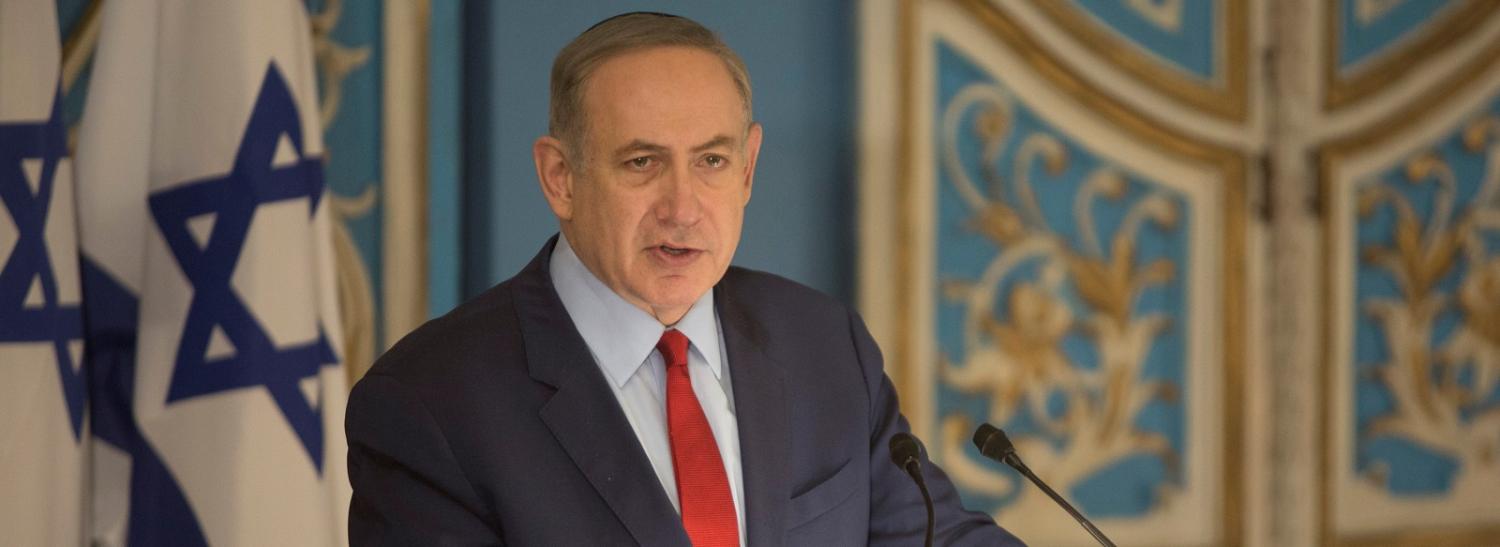When Israel’s Prime Minister Benjamin Netanyahu - Bibi - tours Australia this week, we will hear many platitudes about the kinship between Australia and Israel, with the usual clichéd references to the Battle of Beersheba and nods to Australia’s Jewish diaspora. However, the truth is this relationship is not in great shape.
For the past decade the Israeli government’s relationship with Australia had idled in neutral: the gears of statecraft have been spinning but there has been no motion.
Israel has assumed Australia’s ongoing support based on our historical kinship and Australia’s strategic dependence on Israel’s great patron, the United States. As a result, Australia has been taken for granted and Israel’s envoys have done little to consolidate the friendship.
Arguably, the Australia-Israel Chamber of Commerce (AICC) has been a far greater advocate of the bilateral relationship than Israel’s representatives in Canberra. The AICC has cultivated deep cultural exchange and reciprocal business ties with its regular funding of Australian delegations to Israel. Yet close business ties alone have not and will not guarantee Australia’s solidarity with Israel. Profits, not politics, are the focus of the AICC and its members.
Meanwhile, public engagement by Israel with the Australian government been ham-fisted. It’s worth remembering that Bibi’s visit this week comes after he cancelled previous visits and after President Reuvin Rivlin also abruptly snubbed a planned visit last year after getting a better offer from Russia. These instances might seem trivial, but deliberately or not they send a signal about how the relationship is valued and how Israel’s government conducts itself.
The truth is that Australia is not the great friend Bibi will proclaim it to be in his scripted remarks this week. We sit on the periphery of Israel’s worldview. Israel’s immediate region is the Middle East and North Africa, with Europe and the United States also figuring large in its interests. This strategic outlook is reflected in how Israel’s Ministry of Foreign Affairs distributes its resources and staff. Israel has been unable to convince Australia that Israel’s national interests are in Australia’s interest because, apart from seeking the occasional vote from Australia’s UN delegation, the Israeli government doesn’t seem to know what it really wants from the relationship.
What Israel most certainly does not want is for Australia to recognise Palestinian sovereignty but that is exactly what it likely to transpire when Labor eventually manages to again win a Federal election. Labor luminaries Kevin Rudd, Bob Hawke and Gareth Evans have foreshadowed this in their recent calls for Australia to recognise a Palestinian state, but these interventions have not been seminal. Labor’s left factions have already laid the groundwork, having been strident in their internal advocacy of Palestine; so much so that when Labor next returns to office its pragmatists on the right will find standing by Israel not worth the hassle.
The Coalition will, for the foreseeable future at least, maintain its official opposition to unilateral recognition out of a sense of historical affinity with Israel. However, like the pragmatists of Labor’s right, Coalition resistance will not be unlimited.
A recognition of Palestine by Australia would therefore be due less to adroit Palestinian advocacy and more a result of failed Israeli diplomacy. It would do nothing to advance a two-state solution.
The decision by many countries, frustrated by a meandering peace process, to unilaterally recognise Palestine is only entrenching a sense of embattlement and isolation within sections of the Israeli polity. This is in turn is accelerating the political ascendency of Israeli hardliners who do not believe in a two-state solution. Should Israel wish to reverse this fateful trend it will have to reform its lacklustre diplomacy in Australia and elsewhere.
